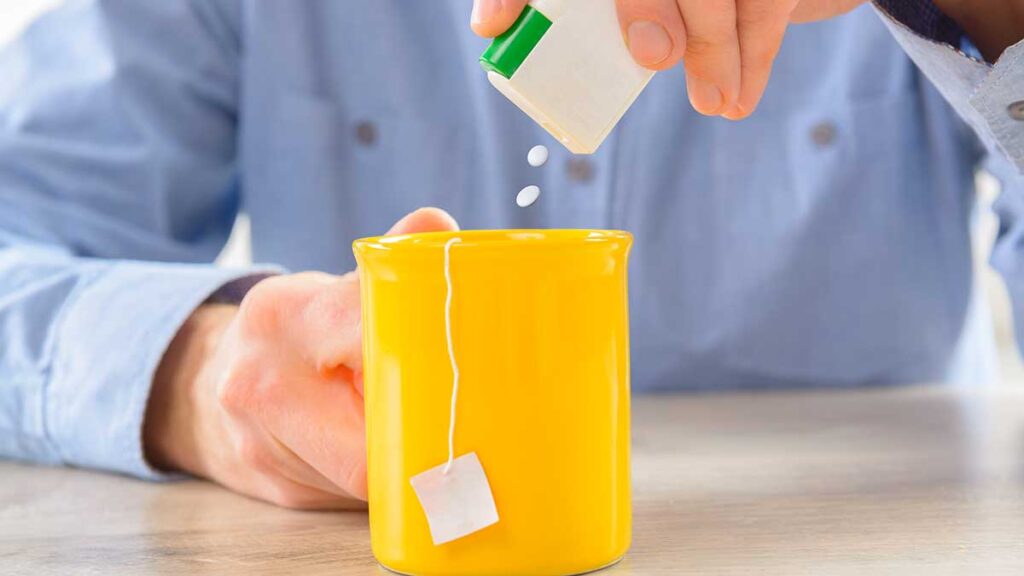Especially when disaster strikes
If your golf club doesn’t have a defibrillator, it may be putting your life and the lives of other members at risk.
Cardiac arrest is a leading cause of death in Australia. Heart Foundation research indicates that about 250,000 people in Australia will suffer a cardiac arrest out of hospital each year. Of these, it is estimated that as few as five percent of people will survive to leave hospital and go home.
There is no way to predict when a cardiac arrest might happen. Imagine if a member or one of your golf mates collapsed in front of you either on the golf course or in the clubhouse. What would you do?
“Having a defibrillator at your club helps ensure the best possible chance of saving a life, should you find yourself in this terrifying situation,” says Lesley Cochrane, managing director at Defibrillators Australia. “The risk of this occurring is higher than you may think. In fact, early defibrillation increases the chance of survival to more than 70 percent and can be continued while waiting for an ambulance.”
Every second counts when disaster strikes. “AED usage has doubled in the past decade, saving more lives than ever before,” Cochrane says. “While CPR can extend the window of opportunity for responders to arrive and defibrillate the heart, the true solution is in deployment of AEDs.
“Having the right equipment on site enables bystanders to make a difference. And simply knowing there is a defibrillator on-site is reassuring in the case of an emergency. Plus, defibrillators are easy to use. Even the base models come with clear audio and visual instructions.”
Contact Defibrillators Australia for support in knowing more about defibrillators and which one is best suited to your club. Call their Heart Safe Angels customer service team on 1300 331 193 or e-mail
[email protected]
The chain of survival
Responsible businesses play an important role in improving out-of-hospital survival. Three of the four steps of the Chain of Survival can be carried out by staff, bystanders and patients:
• Early access (call 000)
• Early CPR (start chest compressions)
• Early defibrillation (access and attach the defibrillator)
• Early advanced care (ambulance arrival and hospital care).
Typically, staff are the first on scene and make the difference with the knowledge and equipment they have. It is, however, important for golf club members to be prepared as much as possible so they can make a difference.

Beware common zero-calorie sweeteners
A new study from the Cleveland Clinic in the US published in Nature Medicine in March has found erythritol, a zero-calorie sweetener that occurs naturally in fruits and vegetables, has been linked to increasing blood clot formation leading to stroke, heart attack and death. When used as a sweetener to add bulk or sweeten stevia, monk fruit and low-carb and keto products, the levels are generally more than a thousand-fold greater than those found naturally in foods. People with existing risk factors for heart disease were twice as likely to be impacted.
See https://www.nih.gov/news-events/nih-research-matters/erythritol-cardiovascular-events for more.
Did you know?
Practising and listening to music stimulates the grey matter in our brains, altering cognitive decline and improving our working memory, says a new report in NeuroImage: Reports. Music in your golf cart, anyone? Now that’s a bone of contention.
Visit https://www.sciencedaily.com/releases/2023/04/230417142520.htm for more details.



